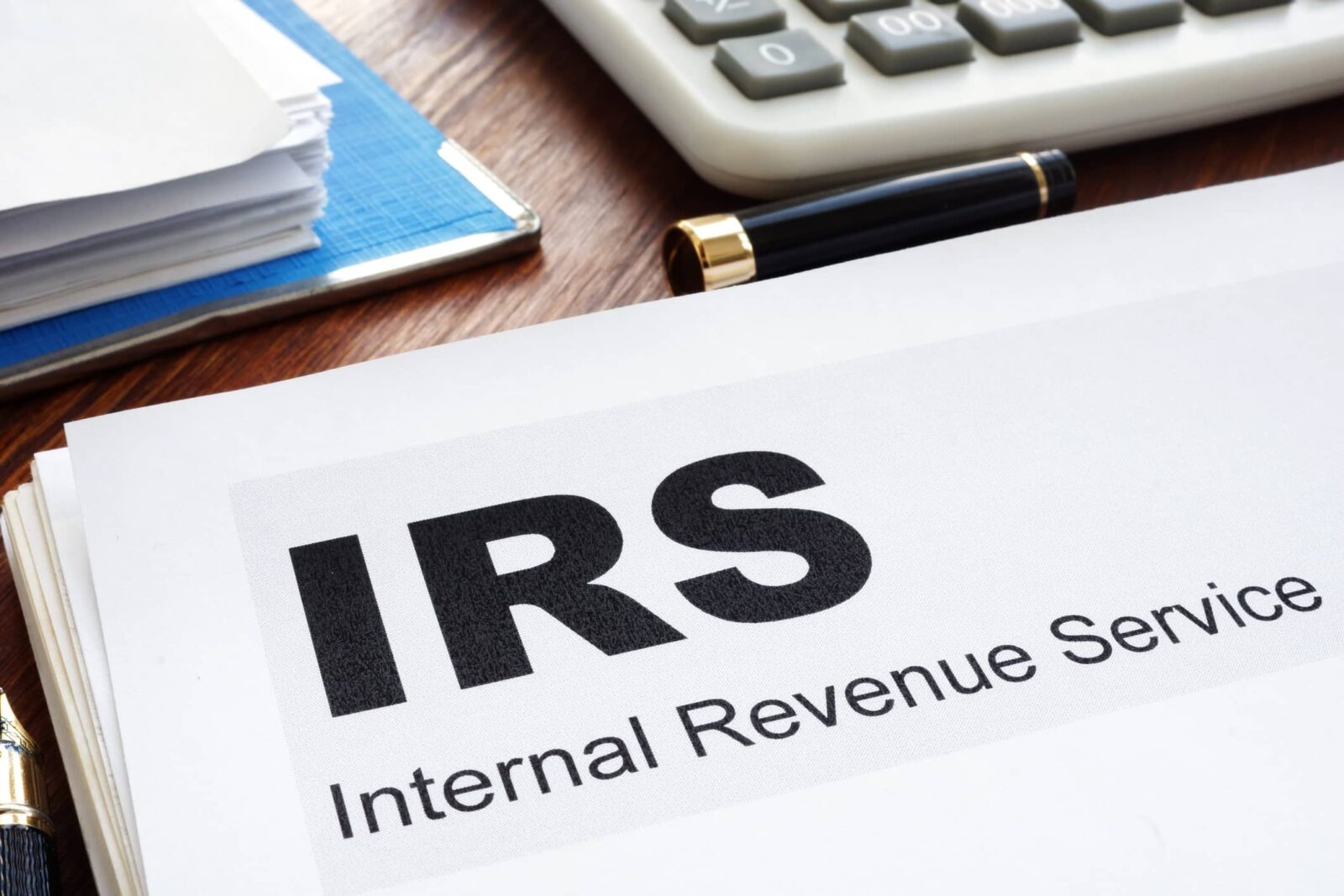The Internal Revenue Service agent is one of the exemplary roles in the US financial domain. The agent program is an indispensable component of the US tax system. So many are not familiar with the role played by an enrolled agent. This article will be an attempt to uncover the various aspects of an IRS enrolled agent and how their roles are impactful in representing taxpayers in the world economy.
Features and Roles of Enrolled Agent
As a federally acclaimed tax professional, an IRS agent plays a critical role in shaping the tax environment of a developed country like the US. With their knowledge bank, they are equipped to adorn a multiple set of roles. Some of their duties are listed below for a better understanding of their professional stint.
- The IRS practitioner has to be an expert in tax related matters in order to render services that are essential to taxpayers. It can range from the simplest act of filing a quick tax return to a more complex action like resolving a complicated web of tax related queries or problems.
- They are the complete professionals who are accredited to represent taxpayers from big behemoths like corporations, estates to foundation level trusts before a central finance authority like the Internal Revenue Service.
- A certified IRS practitioner also assists in tax preparation along with scheduling the amount of tax to be paid by an individual or a company.
- Although they represent individuals or businesses before the IRS, they are not part of the IRS fraternity.
- They can provide some of the best advice with regard to various levels of tax issues in this particular domain be it tax appeals or collections.
Qualifications of EA/Enrolled Agents
Potential enrolled agents must pass either a Special Enrollment Examination or meet the varied parameters to become an IRS agent. However, a more detailed study would reveal much lesser known facts about their requirements.
- They do not need a state license to perform their duties.
- They are obligated to act in conformity with the US Treasury department’s circular 230 comprising guidelines overseeing enrolling agents.
- These practitioners have a federal license that allows them to represent taxpayers in any given state.
- All enrolled agents are supposed to direct their efforts to fulfill 72 hours of ensuing education every 3 years.
Hope this article has fulfilled in imparting the right set of information. Follow us for more.










